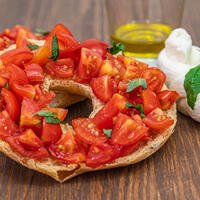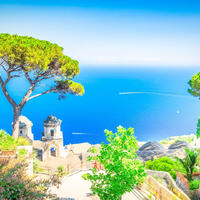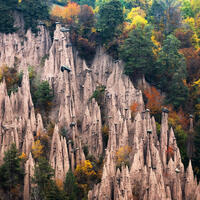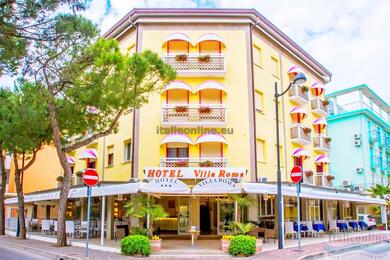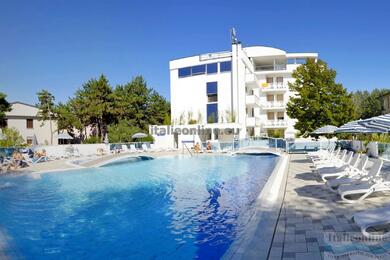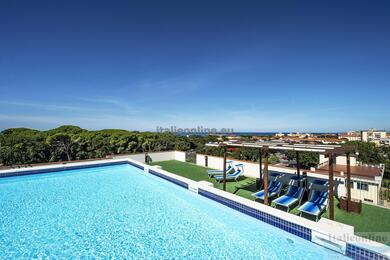1.january - Capodanno - New Year
The celebration of the first day of the New Year begins, like in our country, just after midnight with festive fireworks, and Italians often have various traditional religious festivities on January 1.
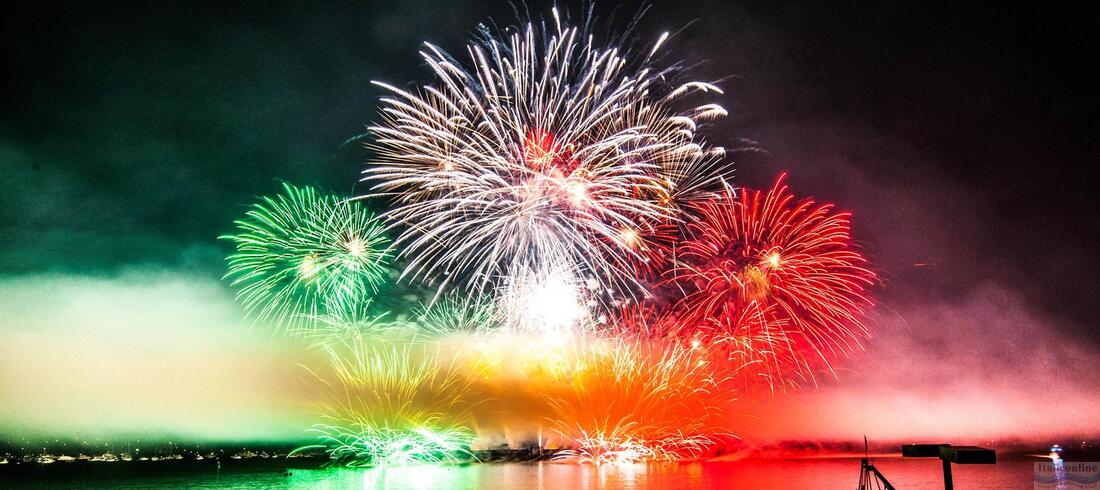
6.january - Tre re magi e Befana - Three Kings and Befana
The feast of the Three Kings in Italy often means a bigger event than Christmas Eve itself, especially for children. Colourful parades pass through towns and villages and good children receive presents from the witch Befana. The Christmas holidays for Italian children do not end until after 6 January.
14.february - La Festa di San Valentino - Saint Valentine's Day
Saint Valentine's Day - this holiday of love popular today in Europe and America has a long tradition in Italy. In ancient Rome, the celebration of Luperkalia, named after the fertility god Luperco, took place around February 15. Today, it is a popular custom in Italy to buy your beloved red underwear on Valentine's Day.

march/April* - Pasqua - Easter
Easter is a very popular holiday in Italy and often more important than, for example, Christmas; it is a major religious event in this religiously based country. Family members travel from far and wide to attend the gathering, Easter greetings are sent out and people wish each other well in person. The festive meals vary from region to region, and the table should include roast meat (lamb , mutton or veal) with potatoes, eggs and fried artichokes. The traditional Easter pastry is the Colomba (from its shape - a flying dove), a yeasted cake with raisins, chocolate or sprinkled with icing sugar. Children receive large chocolate eggs with a surprise. On Easter Monday, the family prepares picnic baskets full of food and heads out of town - to the woods, park or seaside.
25. april - Festa della Liberazione - Liberation Day
The holiday commemorates the liberation of Italy from Nazi rule in 1945 , this day honors the memory of those who fought against fascism.
1.may * - Festa del lavoro, Festa dei lavoratori - Labour Day
Labour Day was first celebrated in 1891, but ended in bloody revolt. The holiday was not celebrated during the Fascist rule and was not revived again until after World War II.
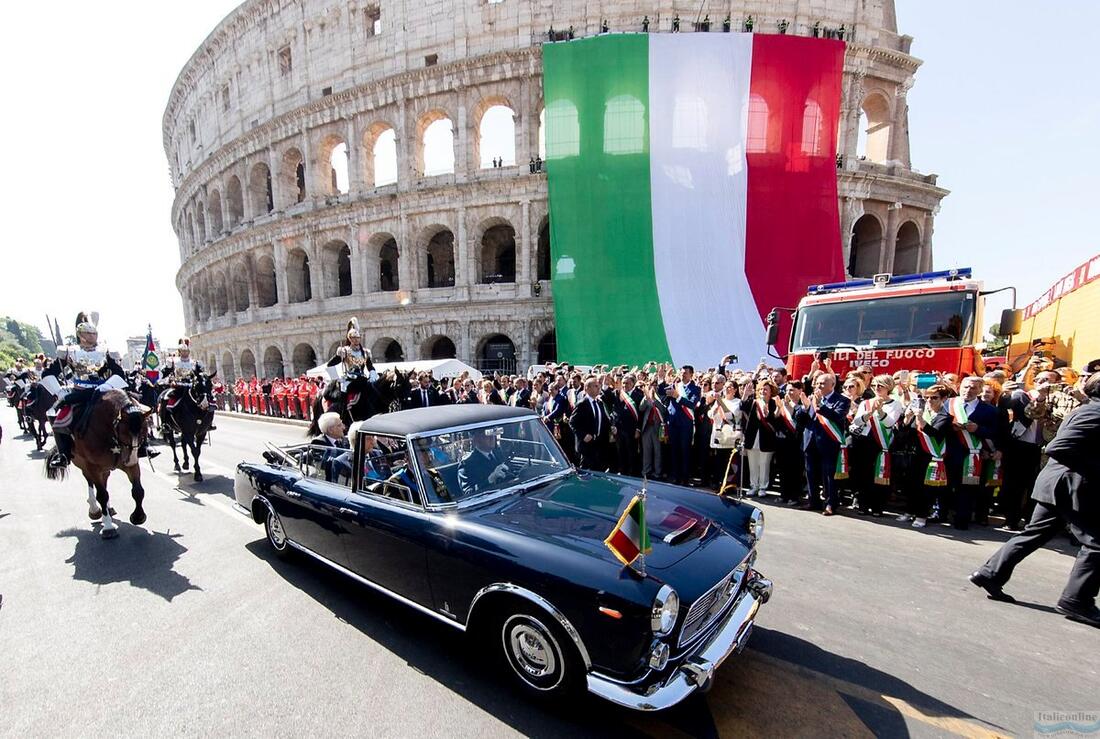
2.june * - Festa della Repubblica - Italian Republic Day
On June 2 and 3, 1946, Italy held a referendum in which citizens were asked to decide what system would govern their country and chose a republic. To celebrate this event, annual military parades are held at the Monument to the Unknown Soldier in Piazza Venezia in Rome.
15. august - Ferragosto , Assunzione di Maria - Assumption of the Virgin Mary
The most popular day of the whole year, this is the main holiday. On this day falls the Catholic feast of the Assumption of the Virgin Mary and at the same time the celebration of Ferragosto from pagan times.
Currently, Ferragosto represents the joy of the slowly ending summer, when the all-holiday vacation culminates. Many Italians celebrate on the beach, fireworks are held in the towns in the evening and the party is in full swing until late. The seaside resorts are packed not only with foreign tourists, but especially with Italians, all hotels and apartmentshotels and hotels are sold out long in advance and there is heavy traffic on the roads, often for kilometres.

1.november - Ognissanti , Tutti i Santi - All Saints' Day
As in our country, Italians visit their dead in the cemetery, where they light candles and lay flowers. The traditional meal for these days is a dish called grano cotto - boiled wheat with wine served with chocolate chips and nuts.
8.december * - Immacolata Concezione - Feast of the Immaculate Conception of the Virgin Mary
Although it is a religious holiday, December 8 is mainly associated with the beginning of the preparations for the upcoming Christmas. On this day, the squares and streets are already decorated, the churches have a nativity scene and most households already have a tree.
24. december - Vigilia di Natale - Christmas Eve
Italians spend Christmas Eve with their families and go to midnight mass after dinner together. Their homes are decorated with Christmas trees and traditional nativity scenes, often handed down in families from generation to generation.
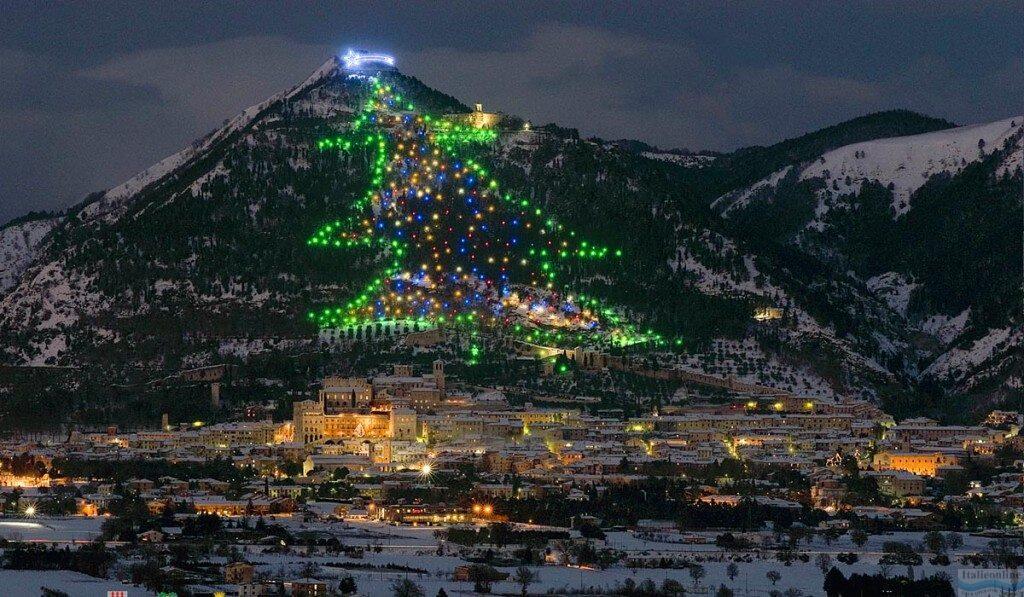
25.december - Natale - Christmas
The most festive day of Christmas. Families gather for dinner , which lasts until late in the evening. On the table you will find all kinds of dishes that vary from region to region. One of them is roast meat (pork , lamb or poultry - turkey , chicken), lasagne or tortellini. A dessert that cannot be missed is the panettone - a cake with raisins in the shape of a cake, sprinkled with icing sugar. On this day, the gifts brought by Babbo Natale are unwrapped.
26.december - Santo Stefano - St. Stephen
Another day of celebration with friends and family.
31. december - Notte di San Silvestro - New Year's Eve
New Year's Eve is the day Italians spend most with family and friends. After a dinner together, they often go into town to celebrate, where midnight is greeted by fireworks and the merriment can continue peacefully into the morning. New Year's Eve dinner has symbolic meaning, typically lentils with pork knuckle or sausage to ensure abundance for the coming year, as well as the popular seafood.
New Year's Eve is marked by another typical and widespread custom:italians take great care to wear some red underwear on this day to bring them good luck.


